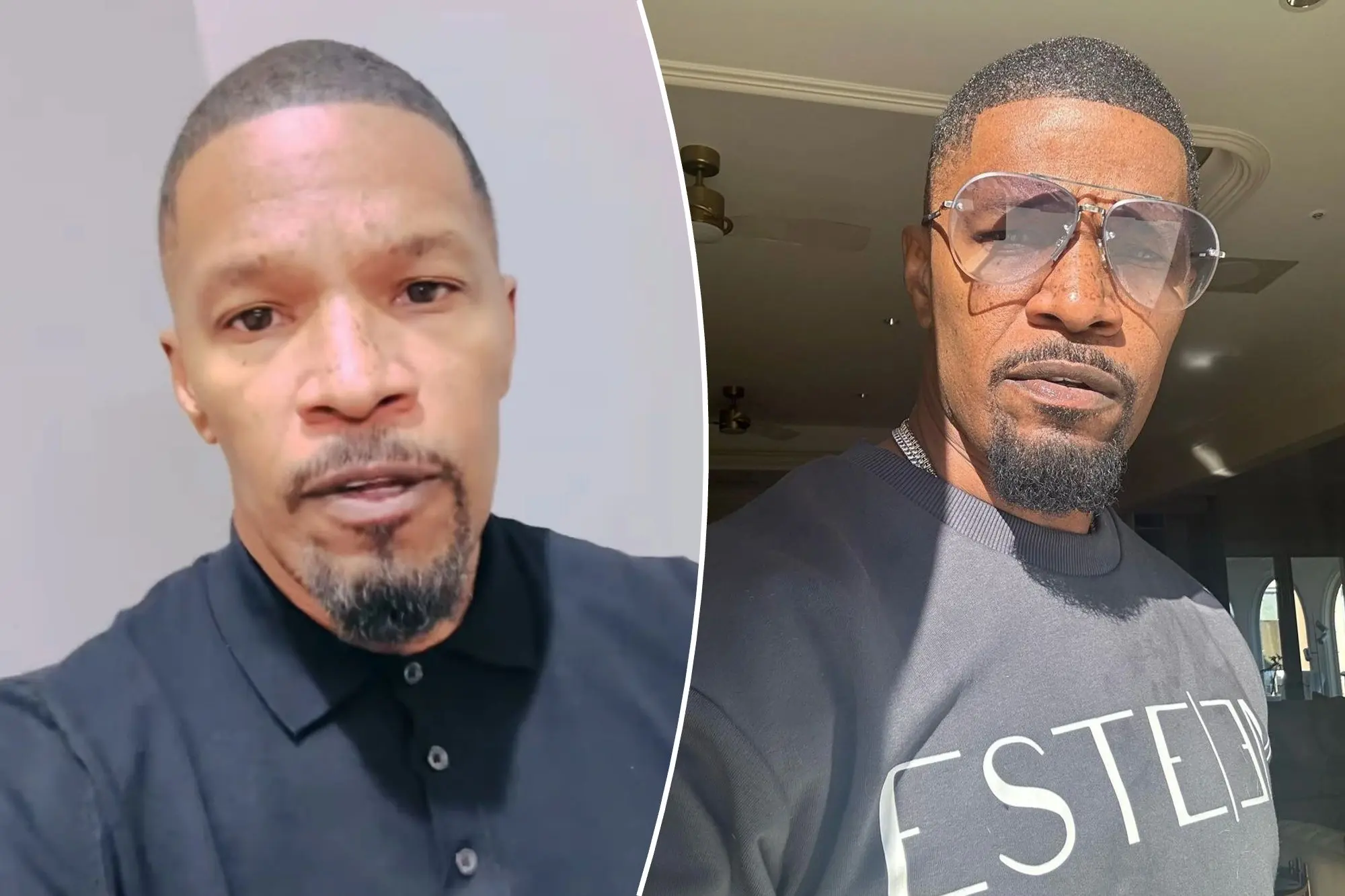Former President Barack Obama on Tuesday called the killing of conservative activist Charlie Kirk “horrific and a tragedy,” while also warning that political rhetoric from the current administration has contributed to growing divisions in the United States.
Obama made his remarks at the Jefferson Educational Society’s 17th annual global summit in Erie, Pennsylvania, one week after Kirk was shot and killed during a Turning Point USA event at Utah Valley University.
“Regardless of where you are on the political spectrum, what happened to Charlie Kirk was horrific and a tragedy,” Obama stated.
The former president noted that he had not known Kirk personally but recognized his prominence in national politics. “Obviously I didn’t know Charlie Kirk,” Obama said. “I was generally aware of some of his ideas. I think those ideas were wrong, but that doesn’t negate the fact that what happened was a tragedy and that I mourn for him and his family.”
Obama also cautioned that the nation is experiencing “a political crisis of the sort that we haven’t seen before,” suggesting that the tone set by the current White House was exacerbating the problem.
“Those extreme views were not in my White House,” he said. “I wasn’t empowering them. I wasn’t putting the weight of the United States government behind them. When we have the weight of the United States government behind extremist views, we’ve got a problem.”
He further argued that recent efforts to limit commentary following Kirk’s death reflect a dangerous trend. “When I hear not just our current president, but his aides, who have a history of calling political opponents ‘vermin,’ enemies who need to be ‘targeted,’ that speaks to a broader problem that we have right now, and something that we’re going to have to grapple with — all of us,” Obama stated.
The White House responded swiftly on Wednesday, accusing Obama of hypocrisy.
“Barack Hussein Obama is the architect of modern political division in America — famously demeaning millions of patriotic Americans who opposed his liberal agenda as ‘bitter’ for ‘cling(ing) to guns or religion,’” spokeswoman Abigail Jackson said in a statement.
“Obama used every opportunity to sow division and pit Americans against each other, and following his presidency more Americans felt Obama divided the country than felt he united it,” Jackson added. “His division has inspired generations of Democrats to slander their opponents as ‘deplorables,’ or ‘fascists,’ or ‘Nazis.’ If he cares about unity in America, he would tell his own party to stop their destructive behavior.”
Charlie Kirk, 31, was fatally shot on September 10 while addressing a crowd of several thousand at Utah Valley University. Prosecutors report that the suspected gunman, 22-year-old Tyler Robinson, climbed onto a campus rooftop, fired a single round, and struck Kirk in the neck. Robinson was arrested days later and has been charged this week with aggravated murder and related crimes. Prosecutors have indicated that the case may qualify for the death penalty under Utah law.
Kirk, the founder of Turning Point USA, was widely recognized as a leading conservative activist and credited with helping mobilize younger Republican voters. His death has prompted tributes from political allies, including former President Donald Trump, who posthumously awarded Kirk the Presidential Medal of Freedom.
Obama had previously commented on the shooting shortly after it occurred. On September 10, he posted on X: “We don’t yet know what motivated the person who shot and killed Charlie Kirk, but this kind of despicable violence has no place in our democracy. Michelle and I will be praying for Charlie’s family tonight, especially his wife Erika and their two young children.”
The exchange between Obama and the Trump White House underscores how Kirk’s assassination has quickly become a politically charged issue. Democrats, including Illinois Governor J.B. Pritzker, have linked the tragedy to rising extremism and heightened political rhetoric nationwide, while Republicans have emphasized the shooter’s radicalization, which they attribute in part to overheated discourse portraying conservatives as “fascists.”



